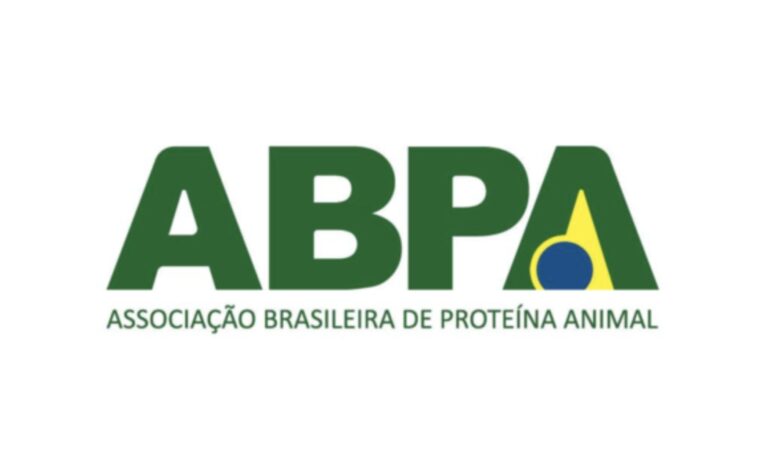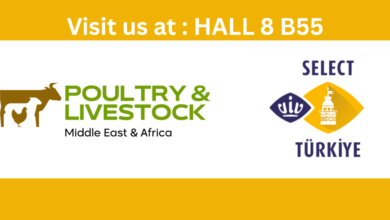
𝐁𝐫𝐚𝐳𝐢𝐥 𝐦𝐚𝐫𝐤𝐬 50 𝐲𝐞𝐚𝐫𝐬 𝐚𝐬 𝐭𝐨𝐩 𝐠𝐥𝐨𝐛𝐚𝐥 𝐜𝐡𝐢𝐜𝐤𝐞𝐧 𝐞𝐱𝐩𝐨𝐫𝐭𝐞𝐫
Exactly 50 years ago, on August 1, 1975, Brazil made its first official shipment of chicken meat to the international market, marking the beginning of a trajectory that would position the country as the world’s largest exporter of the protein, according to a recent market report from the Brazilian Animal Protein Association (ABPA).
The destination of that first shipment was Kuwait, a Middle Eastern country that remains one of the main buyers of Brazilian chicken. The pioneering export helped establish long-standing trust with Islamic markets, especially Gulf countries, which have since become key partners of the Brazilian poultry industry.
Over the past five decades, Brazil has exported nearly 100 million tonnes of chicken meat to more than 150 nations. In 2024 alone, exports topped 4.9 million tonnes, generating close to US$10 billion in revenue. Today’s top markets include China, the United Arab Emirates, Japan, Saudi Arabia and the European Union—reflecting global recognition of Brazil’s quality standards and food safety.
A significant portion of these exports are halal products aimed at Muslim consumers. More than 2 million tonnes are shipped annually, making Brazil the world’s largest exporter of halal chicken. The sector works closely with certification bodies, religious authorities and trading partners to meet strict religious, health and traceability requirements.
“Celebrating the 50th anniversary of this first shipment is recognising the strength of a chain that has evolved based on science, integration between farm and industry, commitment to food safety and, above all, the trust of international markets,” said Ricardo Santin, president of ABPA. “It’s a history built by thousands of producers, cooperatives and companies that believed in Brazil’s potential.”
Santin also credited sectoral projects developed with the Brazilian Trade and Investment Promotion Agency (ApexBrasil) for helping solidify Brazil’s image as a reliable food supplier. Trade promotion campaigns, international trade fair participation, and strategic relationship-building have supported diversification and steady export growth.
“That August 1, 1975, wasn’t just the beginning of a trade,” Santin said. “It was the starting point of a journey that helped Brazil establish itself as a strategic food supplier to the world. Half a century later, we remain committed to excellence and global food security.”










